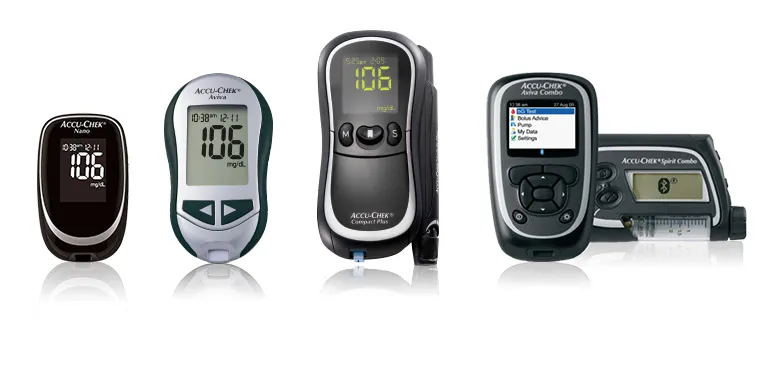The daily control of diabetes for people suffering from this disease can be stressful and uncomfortable.Despite all technologies currently available to manage in their day to day, more than 50 percent of people with diabetes who have access to specific health care do not reach their therapy objectives.
Renamed international diabetes experts discussed possible approaches and new technical solutions at the Roche Diabetes Care meeting with specialized media, within the framework of the 52nd Annual Meeting of the European Association for the Study of Diabetes (EASD) in Munich, Germany.
At this meeting, the new devices for glycemia control that incorporate the most advanced technological innovations, such as the continuous glucose monitoring system (CGM) ACCU-Chek Insight, as well as the integrated personalized management integrated management approach of the personalized management of theDiabetes (IPDM), which can improve therapy routines and clinical results.
Innovative and personalized solutions
"Therapy solutions alone fail to achieve the individual objectives of patients. It is crucial that we, as a company dedicated to creating innovative solutions that are focused on covering the needs and relieving the concerns of diabetic patients, we provide toolsadequate to free themselves from the stress that some aspects of the therapy generate, which are important and to those who have to face 24 hours a day, without any exception.Medical and Scientific Affairs and Medical Director of Roche Diabetes Care.
"I am convinced that the personalized solutions of comprehensive diabetes management have the potential to cover the needs of all agents involved in the care of diabetes and will help improve the results of the treatment and reduce the sanitary cost," adds Dr.Matthias Axel Schweitzer.
In this sense, ACCU-Chek measurement systems are designed to improve adhesion to therapy. "In insulin treatments, sometimes some of the important blood glucose measurements and the calculation and supply of the bolus are omitted or forgottenOf insulin to cover a meal or a snack they are neglected, "describes Professor Oliver Schnell, (Munich, Germany), referring to the difficulties that his patients find and that he, as a doctor, faces in his daily practice.
Lack of reliability
On the other hand, one of the main problems to solve for caregivers and diabetologists is the availability and quality of diabetes data.Studies show that only 50 percent of adult people monitoring notebooks can be considered exact and reliable.In addition, patients often forget to bring their notes to the doctor with the doctor, so that the professionals who treat them do not have a complete vision of the patient's status, which makes it difficult to analyze data and therapy adjustments, withA time and resources consumption to the system that makes it inefficient.
Other important aspects that must be addressed in this context are the complexity of handling daily therapeutic decisions without day -to -day tasks and routines being affected."As a world leader in the blood glucose monitoring industry, we are committed to people with diabetes. Our goal is to give them the necessary support so that they can think less about their daily therapy routines and focus on living their life. For us it isfundamental to listen to the desires and concerns of our clients and translate everything they teach and share inThe development of innovative and intelligent functionalities for our new ACCU-Chek systems, "says Romeo Kardó, head of the BGM international business in Roche Diabetes Care.
"Integrated digital health solutions can be beneficial for all those involved - patients, their caregivers and I as a doctor - in the management of diabetes more efficiently. In my case, it is the provision of the best care for my patients, providing them with tranquility and a feeling of relief, "explains Prof. Schnell.For him, the ease of management of blood glucose monitoring devices and “crack -free” data documentation, which facilitate optimal interpretation, allows a closer and personalized therapy management and helps patients notThey feel alone and overwhelmed by the self -management of therapy.


